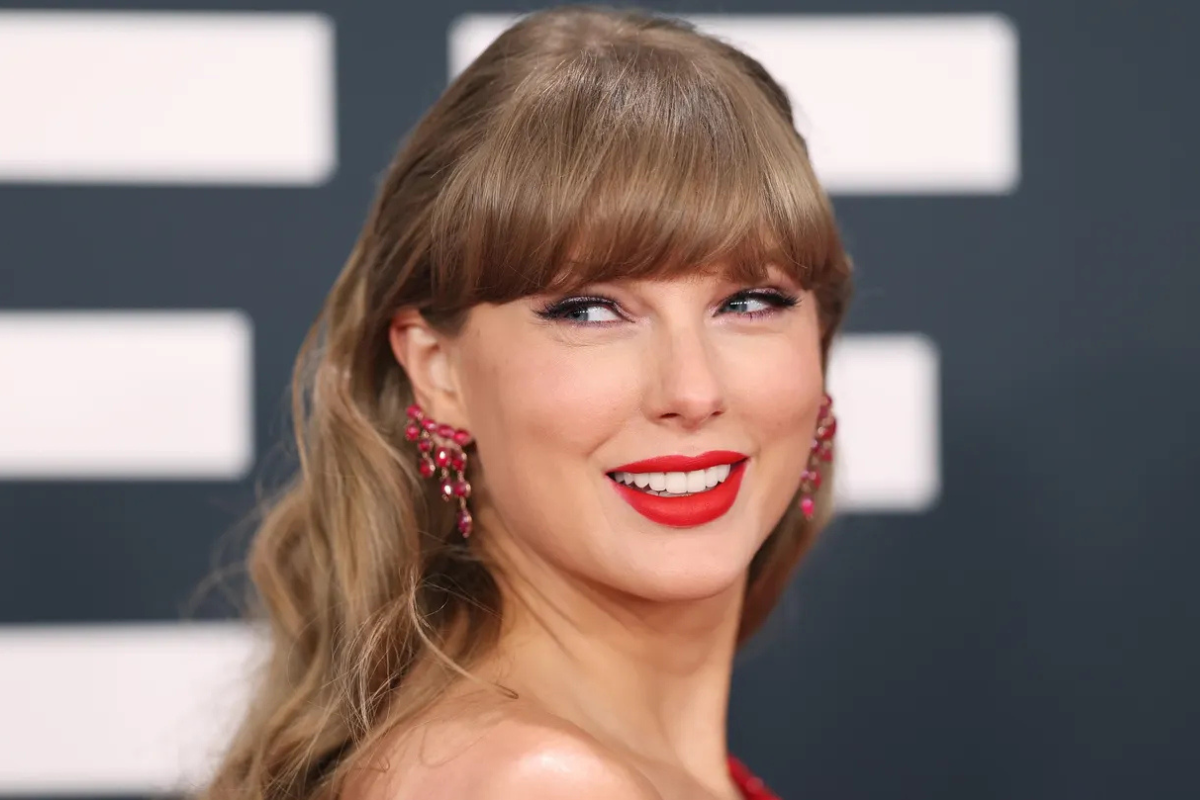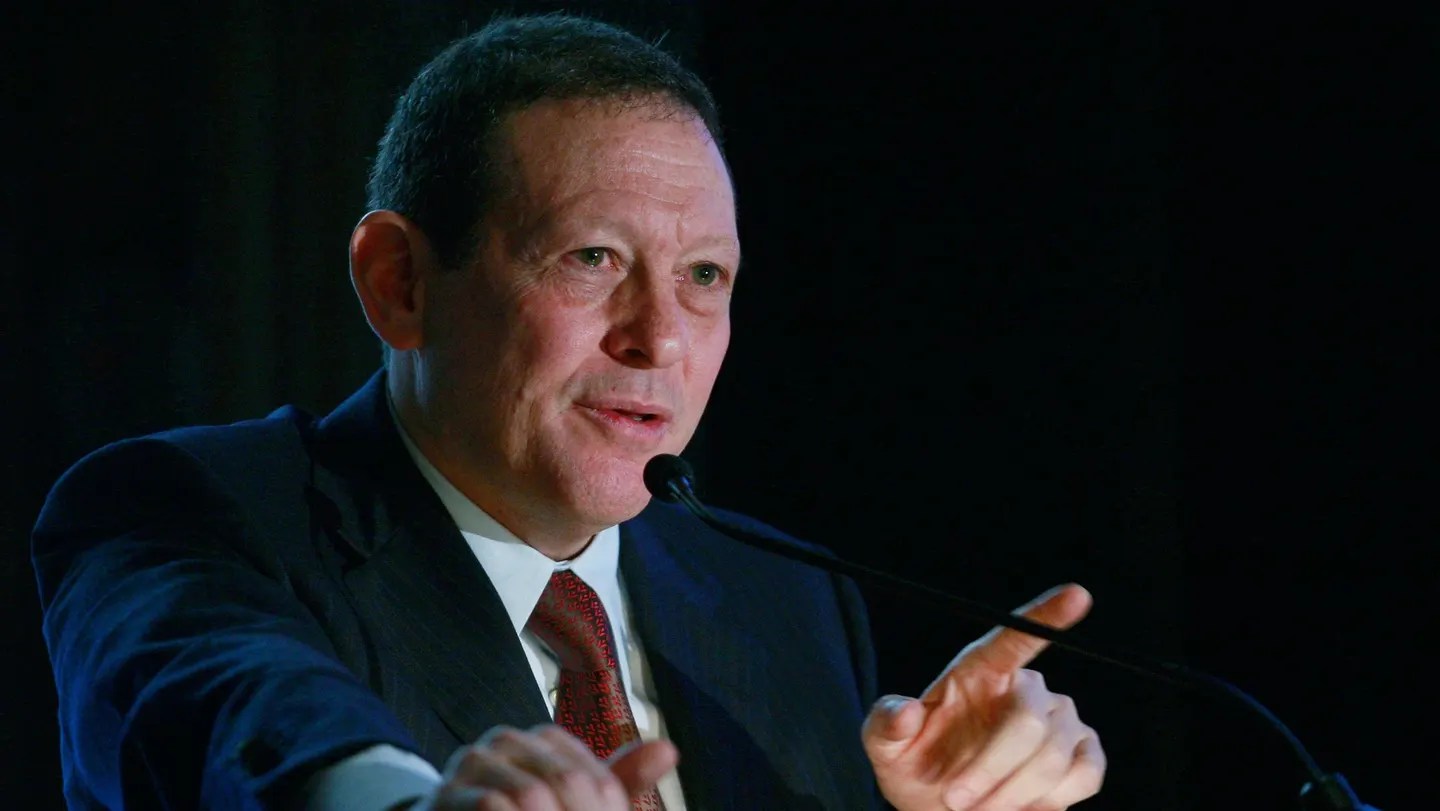As resentment of the rich and powerful surges, billionaires and CEOs are using everything from secret trackers to full security squads to protect themselves and their families.
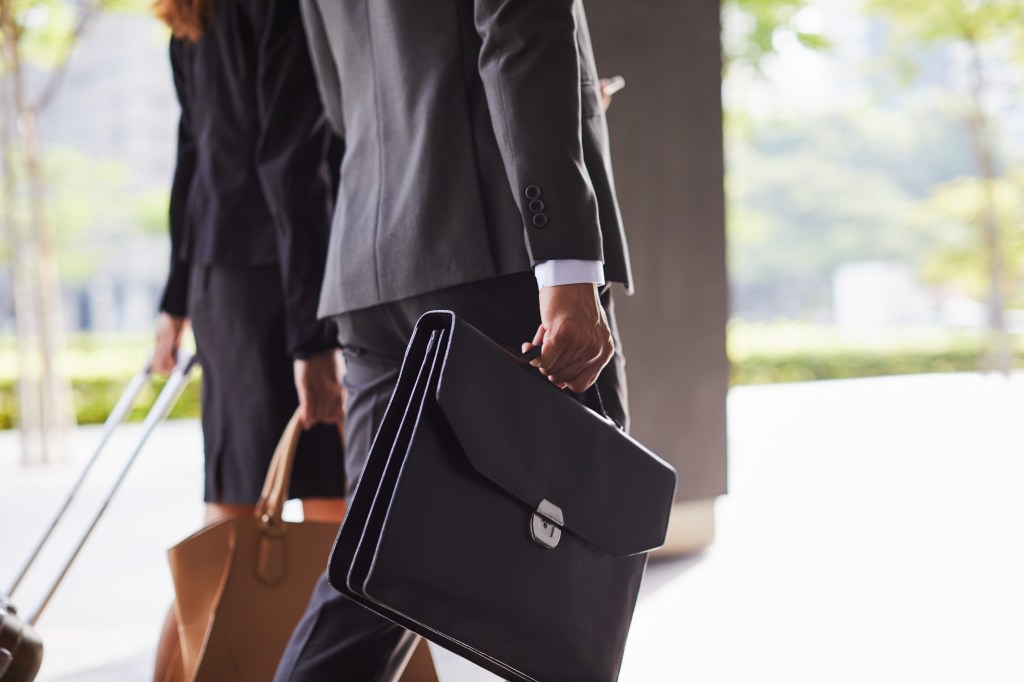
Billionaires are more concerned than ever about the safety of themselves and their families.
Tensions spiked after the fatal shooting of UnitedHealthcare CEO Brian Thompson in December. Then came the January kidnapping of French cryptocurrency founder David Balland, who was held for ransom for two days while the assailants mutilated his hand, followed by an April arson attack on the home of billionaire Steve Sarowitz by a suspect who also made ransom and kidnapping threats, prosecutors say.
These assaults have come as resentment toward the rich and powerful increases amid wealth inequality, overseas wars and hyper-polarised politics. A recent Emerson survey, for instance, reported that 41% of voters aged 18 to 29 believe Luigi Mangione’s alleged murder of Thompson was “acceptable.” (Mangione has pleaded not guilty). Risk management company Nisos found that online threats against CEOs increased 41% as well in the six weeks following the shooting.
All of this has led the nation’s wealthiest people and the companies that employ them to seek out personal security at increased rates over the past few months, 13 firms tell Forbes. Five companies said the number of inquiries for their services was among the highest ever, while four said it was the highest. Allied Universal, the biggest provider of private security guards in the world, says it’s getting 1,500% more threat assessment requests than this time last year.
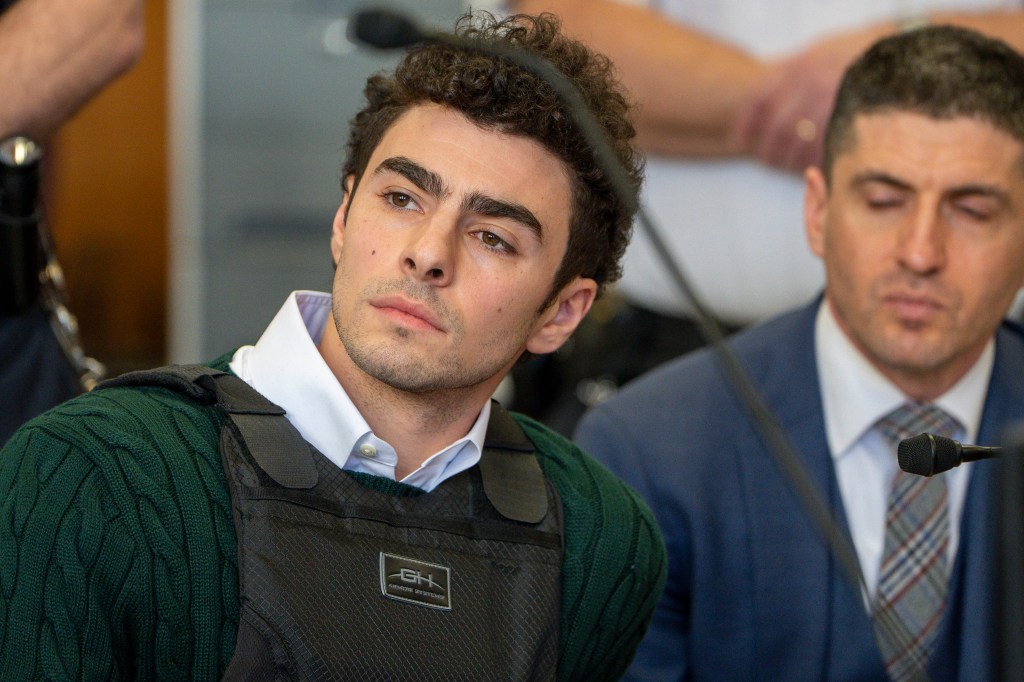
“A lot of companies are nervous right now,” says James Hamilton, a consultant at Gavin de Becker and founder of Hamilton Security Group. The firms that are newly investing in protection for their executives are at a disadvantage, he explains, because there aren’t enough credible security outfits to cover everyone, and many are already tied up with long-term clients. “If you say to me, ‘Hey, we just want to hire a guy for the next 90 days until ‘things die down,’ well, I don’t want to do that as a business owner.”
The shortage has also caused a spike in people pretending to be security experts online. The industry is regulated at the state level; some jurisdictions have rigorous licensing requirements, while others do not. The lack of national standards means many prospective clients have trouble distinguishing between specialists and scammers.
“It’s really, really easy to impersonate an executive protection person,” says Chis Falkenberg, founder of Insite Risk Management. “There’s a low barrier to entry. It requires you to get a state license, but that’s just a few days for the training. To get a firearms permit, also quite easy. Then, you know, go buy a pair of sunglasses, and, for all intents and purposes, you look like an EP person.”
Hiring a somewhat reputable bodyguard on the cheap might cost as “little” as $120,000 per year. But that’s rarely what experts recommend to mitigate risk. In fact, most U.S. billionaires don’t have a full-time bodyguard.
Among the more common services: A team that monitors the internet for threats and leaked personal information (typical cost at the most elite firms: $200,000 to $300,000 per year for sophisticated 24-7 coverage); personal drivers who also have security training ($250,000 to $500,000 for two drivers); residential security, including cameras and armed guards ($750,000 to over $1 million); and protection while traveling (costs vary based on location).
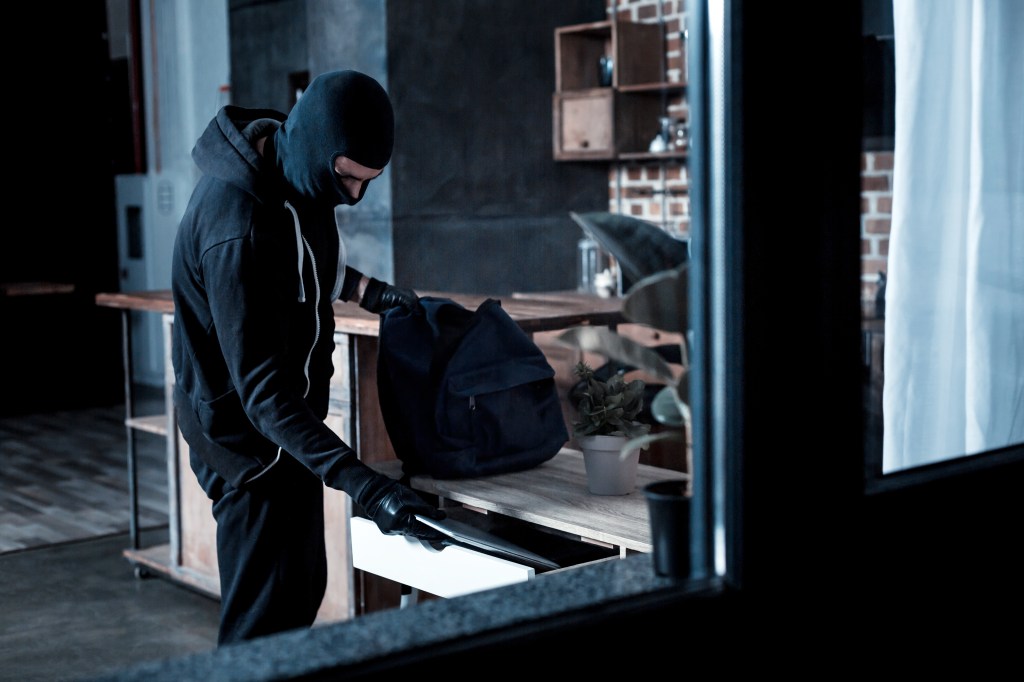
A full executive protection team, which tends to involve all of the above, plus part-time bodyguards who have medical training and professionals who secure sites before a billionaire arrives, costs at least $2 million—and frequently much more—with team members often making $200,000 each, according to the experts polled by Forbes.
These costs are sometimes covered by companies as part of executives’ compensation packages. The U.S. tax code allows employees to write off that benefit as long as there’s a demonstrable cause for safety concerns. Last year, Snap paid $2.8 million for CEO and cofounder Evan Spiegel’s personal security. Alphabet paid $8.3 million for CEO Sundar Pichai. Meta paid $24.4 million to protect Mark Zuckerberg and his family.
Zuckerberg likely pays additional security fees out of pocket. He has among the biggest executive protection teams of any American billionaire—probably around 20 full-time people, two experts estimate.
“He’s incredibly adventurous and does all these wild and crazy things because he can,” says Michael Julian, CEO of MPS Security. “That guy’s got a full team everywhere he goes, if he goes on a run or mountain biking. He’s got a team that does nothing but water sports, that’s trained and knows all the life-saving stuff.”
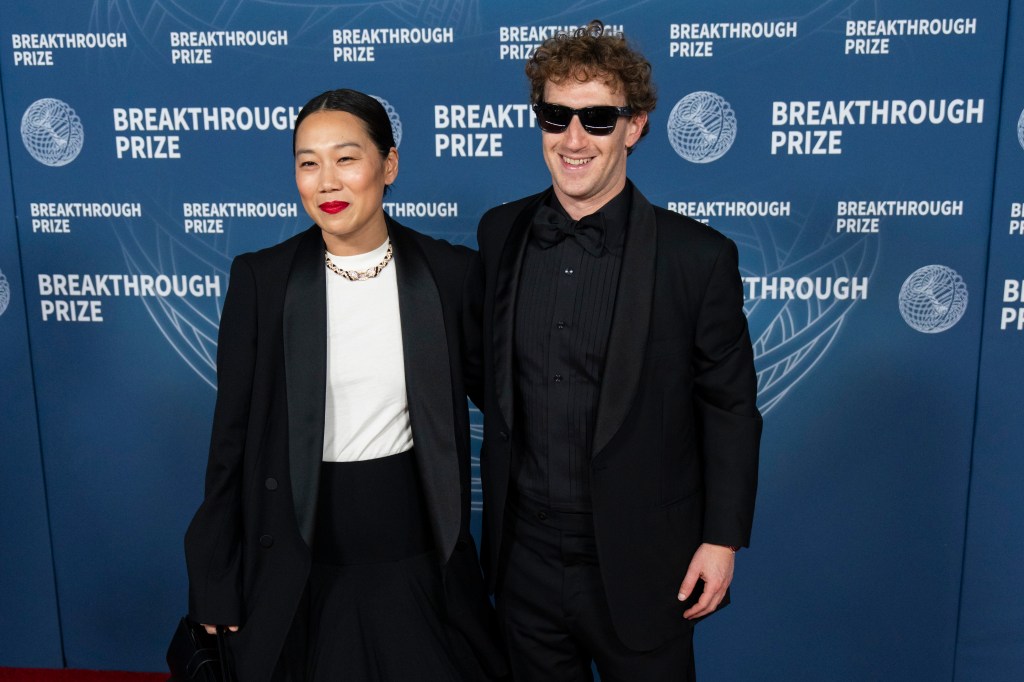
While it seems obvious that those who are famous could face higher risks, threats are also greater for those who work in “the sectors that are angry—that get people riled up,” says Michael Evanoff, who headed the U.S. government’s Bureau of Diplomatic Security from 2017 to 2020. “These are pharmaceuticals, energy, healthcare and insurance.”
Threats can be violent, but the more common crime that billionaires face is fraud, which is often perpetrated by relatives, current or former employees and other personal connections. A disgruntled staff member might, for example, misrepresent items on an expense report—and that’s something a forensic accountant would handle rather than a personal security team.
Much of the security anxiety among the ultra-wealthy revolves around their children, who may face risks of being kidnapped, abused by caretakers or, of course, getting into accidents or more common situations that any other kid could encounter. Threats are highest when they’re travelling from place to place, especially in routine patterns, such as attending an extracurricular activity.
School tends to be safer, but still carries risks. Amanda Uhry, founder of Manhattan Private School Advisors, notes that even elite private institutions don’t always vet employees properly, or have basic safety features like entrances that lock and people who check IDs. Parents are increasingly choosing where to send their kids based on the security offered, Uhry says, particularly for preschoolers.
“The level of fear in New York City right now among the upper classes and their children has reached an all-time high. And it’s not just New York; we work all over. In LA people are saying the same thing,” she says, adding that parents have been citing prejudices related to the wars in Ukraine and Gaza as causing additional anxiety.

Despite rising worries, it’s rare for the child of a billionaire to be accompanied by a bodyguard, at school or elsewhere. Kids often find that embarrassing or don’t want to feel that their freedom of movement is heavily restricted.
Uhry says she sees more millionaire parents employ heavy-handed, visible protection for their children than billionaire or celebrity parents, who tend to be more worried that their kid won’t have a semblance of a normal life. “It is really unhealthy to do that. It’s beyond helicoptering—it’s snow-plowing,” she explains. “These are bright people who realise what’s going to happen to their kid [if they have] billions of dollars and are unable to function on their own and be independent.”
One solution? Protecting your children without their ever knowing it. Dan Linskey, managing director at risk management consultancy Kroll, says he once sent a plainclothes team to a client’s daughter’s college when the client was receiving threats. “Obviously we didn’t want to upset them and their routine,” he says. “To this day, I don’t believe that she ever realised that she was under a protective package and that people were keeping an eye on her.”
Another client’s daughter was covertly located in the middle of the night when her phone location disappeared while travelling (her device had run out of charge).
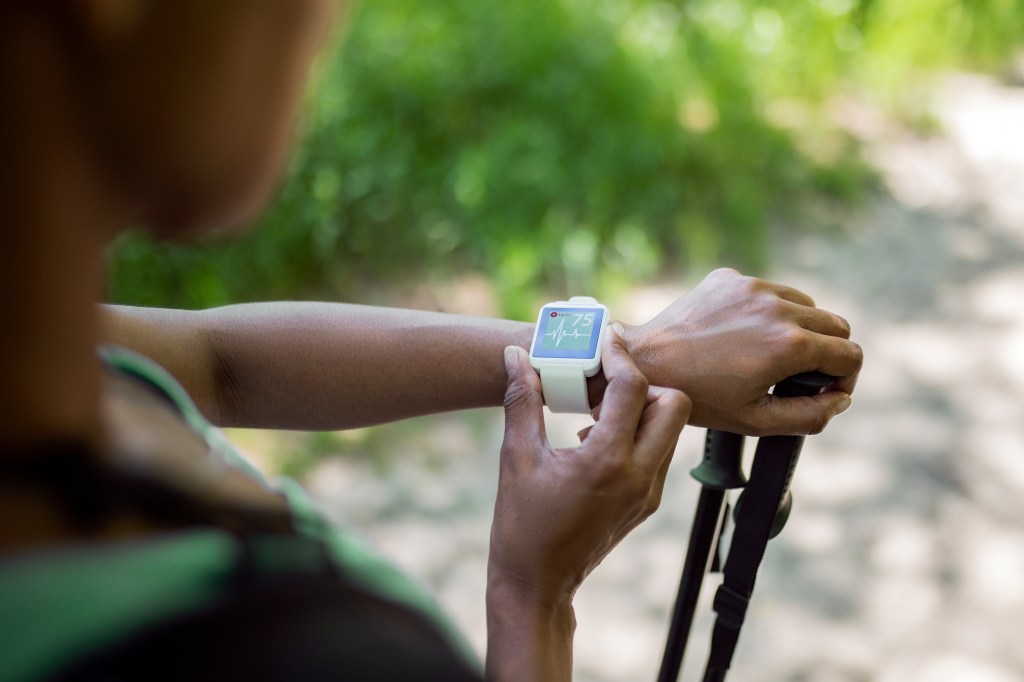
Sometimes parents put tracking devices in items their kids are wearing, often without their knowledge. Security personnel are sometimes employed who appear to be regular staff members at a school. Some kids attend school under different names, especially last names; this is more common for younger kids, some of whom might be too young to even recognise their full name.
With the rich and powerful hyper-focused on protecting themselves and their families at the moment, the personal security sector is expanding—but the growth likely won’t last. “Unless chaos increases and there are more attacks on executives, which may happen, then people will forget,” says Falkenberg. “People are really focused on it now, and they’ll be much less focused on it in 12 months. Luigi Mangione will go on trial soon, and that will increase concern, and then it will abate. Memories are really short.”
This article was originally published on forbes.com and all figures are in USD.
Look back on the week that was with hand-picked articles from Australia and around the world. Sign up to the Forbes Australia newsletter here or become a member here.
